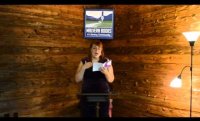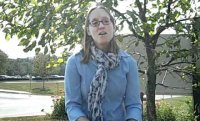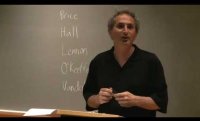Submissions are open for the Malahat Review’s 2016 Far Horizons Award for Poetry, given biennially for a single poem by an emerging poet. The winner will receive $1,000 Canadian and publication in the Malahat Review. Steven Heighton will judge.
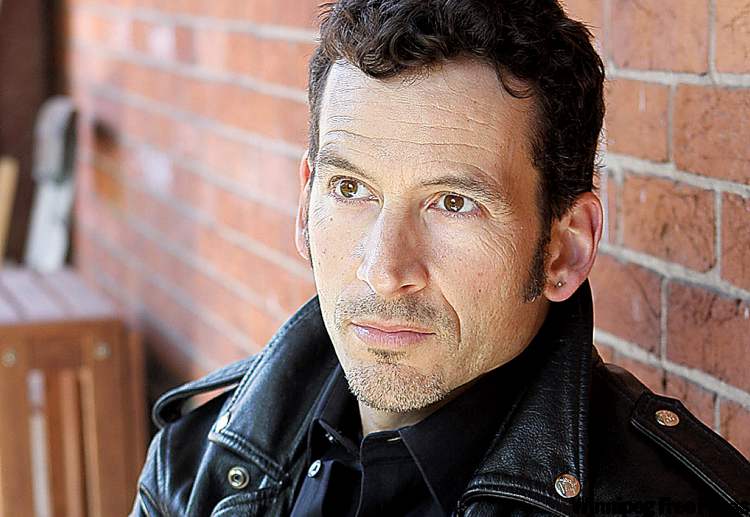 Writers who have not yet published a full-length poetry collection are eligible. Submit no more than three poems of up to 60 lines each with a $30 entry fee, which includes a one-year subscription to the Malahat Review, by May 1. The winner will be announced in July and interviewed for the review’s monthly e-newsletter and website. Submissions can be made via e-mail to horizons@uvic.ca, or by postal mail to University of Victoria, P.O. Box 1700, Stn CSC, Victoria, B.C. V8W 2Y2, Canada. Visit the website for complete guidelines.
Writers who have not yet published a full-length poetry collection are eligible. Submit no more than three poems of up to 60 lines each with a $30 entry fee, which includes a one-year subscription to the Malahat Review, by May 1. The winner will be announced in July and interviewed for the review’s monthly e-newsletter and website. Submissions can be made via e-mail to horizons@uvic.ca, or by postal mail to University of Victoria, P.O. Box 1700, Stn CSC, Victoria, B.C. V8W 2Y2, Canada. Visit the website for complete guidelines.
Judge Steven Heighton has written more than ten books of poetry, fiction, and nonfiction, most recently the story collection The Dead Are More Visible (Knopf, 2012). “Right now the poems that most compel me are the ones that choke me up—poems that could rip the heart out of a wheelbarrow,” says Heighton in an interview with the Malahat Review. “I’m also gravitating toward work that emerges from the nightmind, as I call it—poems born of dreams and hallucinations. Weird, oneiric stuff. By the same token, I’m tired of poems that seem primarily to be auditioning for a collegial constituency, demonstrating the poet’s fluent familiarity with the films, songs, shows, apps, etc. that he or she knows colleagues to be co-immersed in. Intertextuality of that kind can be brilliant and effective, for sure, but only in the context of work emerging from some deeper psychic impulse.”
Recent winners of the prize include Laura Ritland, whose poem “Vincent, in the Dream of Zundert” was chosen by Julie Bruck from almost eight hundred submissions; and Kayla Czaga, whose poem “gertrude stein loves a girl” was chosen by Mary Dalton from more than five hundred submissions.
Established in 1967, the Malahat Review is based at the University of Victoria in Canada. The journal publishes poetry, fiction, and creative nonfiction, and administers several contests each year.





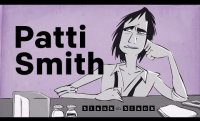
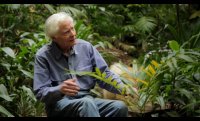
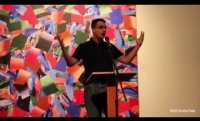

 Writers who have not yet published a full-length poetry collection are eligible. Submit no more than three poems of up to 60 lines each with a $30 entry fee, which includes a one-year subscription to the Malahat Review, by May 1. The winner will be announced in July and interviewed for the review’s monthly e-newsletter and website. Submissions can be made via e-mail to
Writers who have not yet published a full-length poetry collection are eligible. Submit no more than three poems of up to 60 lines each with a $30 entry fee, which includes a one-year subscription to the Malahat Review, by May 1. The winner will be announced in July and interviewed for the review’s monthly e-newsletter and website. Submissions can be made via e-mail to 